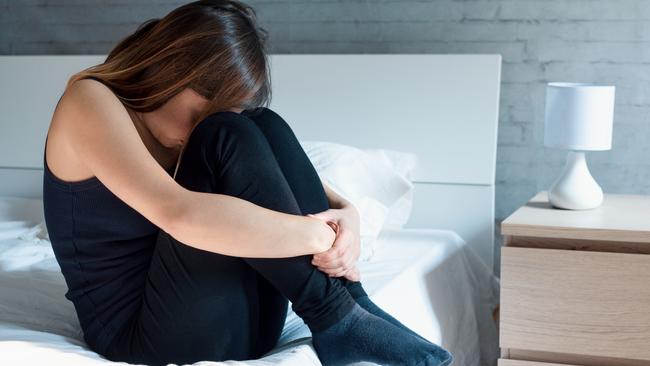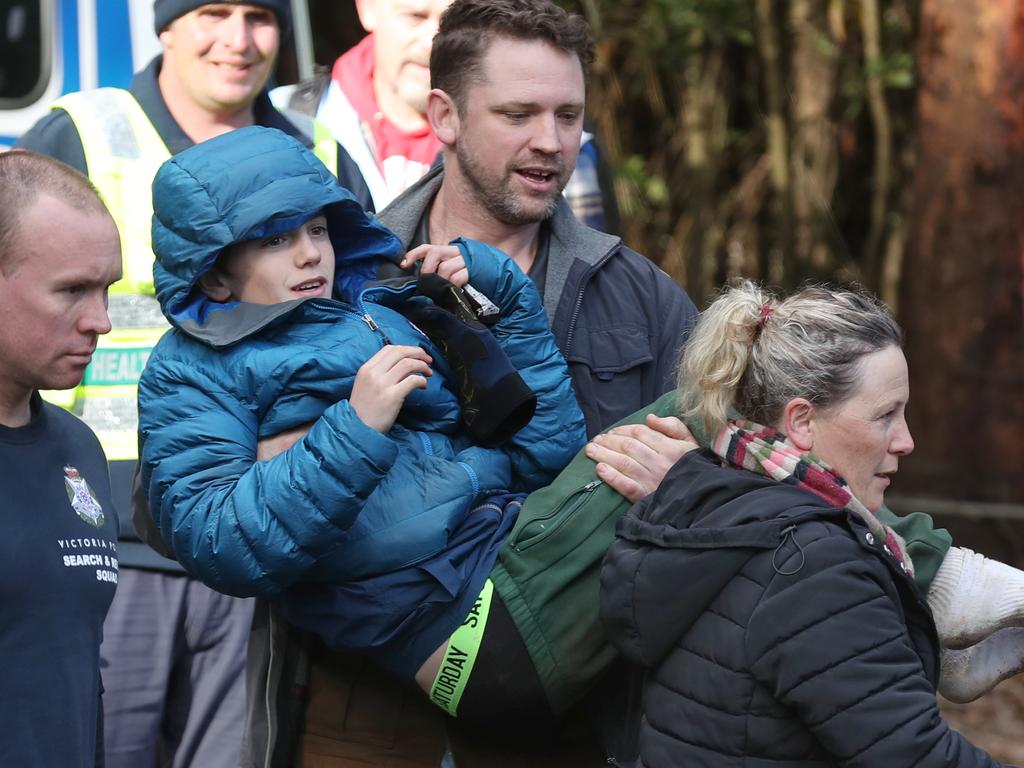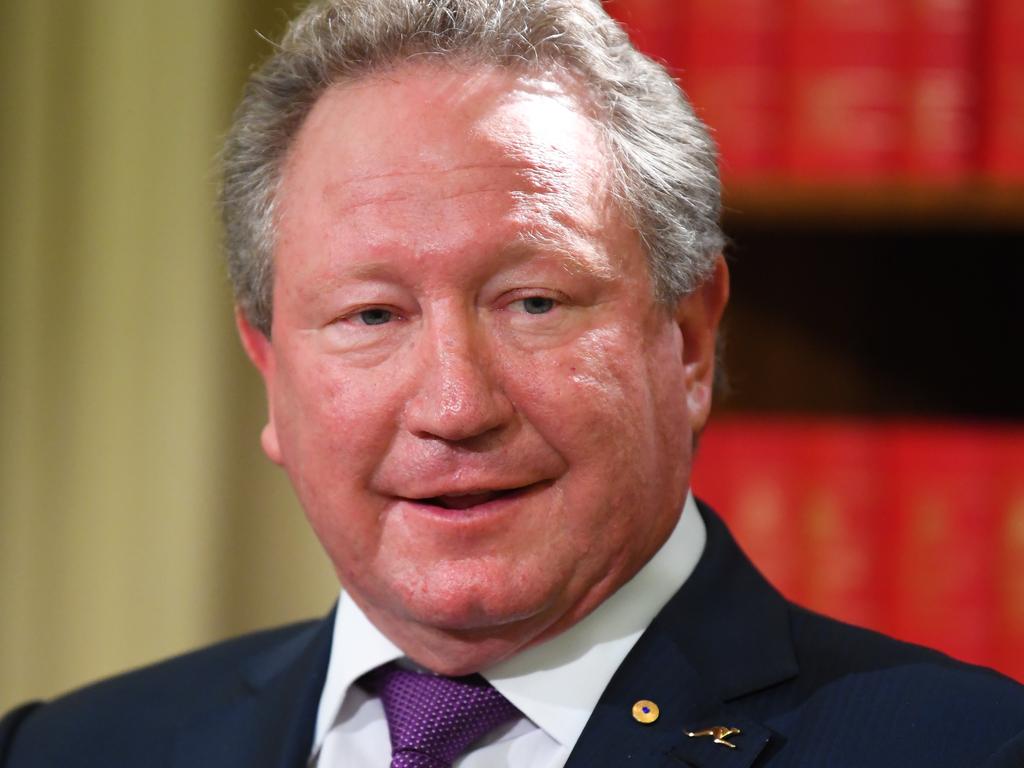Coronavirus: No spike in home violence, police say
Reports of domestic violence and police call-outs have not increased in NSW since the lockdown began in mid-March.

NSW authorities almost doubled domestic violence checks after becoming concerned the COVID-19 lockdown would lead to a spike in incidents but found no increase in abuse rates, according to NSW police Assistant Commissioner Mark Jones.
Officers made about 8500 visits to the homes of known perpetrators and victims of family violence in April, compared with 4500 visits for the same period last year, because of concerns that women would be trapped at home and face increased risks.
Mr Jones said reports of domestic violence and police call-outs had not increased since the lockdown began in mid-March. “It’s been consistent right from the get-go,” he said. “Importantly for us, there’s been no increase in the more serious assaults.”
“Non-discretionary” reporting — domestic homicides and referrals from hospitals — had not increased, “good indicators there has not been an increase in the level of violence”, Mr Jones said on Wednesday.
However, frontline domestic violence services have reported increases in calls for help during the pandemic, and fear a spike in abuse is only just beginning.
Women’s Safety NSW chief executive Hayley Foster said referrals to her services were up 10 per cent compared with the same period last year.
“We’ve seen a divergence between our referrals and charge rates not going up,” she said.
“To us, that is consistent with our experience of women still experiencing domestic violence behind closed doors but not feeling safe to report it or co-operate with those processes. They were going to extreme lengths to appease their abusers and keep a lid on things.”
Heather Douglas, deputy dean of the University of Queensland’s law school, said the “disconnect” between police and domestic violence service figures did not surprise her.
“It’s a really curious disconnect,” Professor Douglas said. “It may be that they’re quietly calling the (domestic violence) services to see what their options are but basically trying to appear as normal and not wanting police to come to a call-out.
“That’s the issue. When we call police, the police will turn up and that will make it very clear that they’re calling for help whereas if they call the (domestic violence) services, that can be done quite quietly and the partner might not know that’s happening.”
Victoria Police Assistance Commissioner Dean McWhirter said his state had recorded an increase in family violence reports during the pandemic. “(But) this has not been the significant increase that we anticipated to see,” he said.
“This is consistent with other police jurisdictions across Australia. However, this may change with the easing of restrictions.”
Victoria Police launched Operation Ribbon in response to concerns about the lockdown, with specialist detectives visiting high-risk victims and conducting compliance checks on perpetrators.
Women’s Legal Service Queensland chief Angela Lynch said the number of calls to her organisation and other similar operations in the state had been steady during the lockdown because women had gone into “survival mode”. As restrictions had started to lift, she said, calls had risen by about 20 per cent.
She said it was a high-risk time for women, as perpetrators who had been able to exert “enormous control” over their family were forced to relinquish some of that control and families came under increased financial pressure.
Queensland Domestic Violence Services Network co-secretary Stacey Ross said calls to frontline services such as women’s shelters had increased 15-20 per cent during the lockdown, but she did not consider this to be significant. Even major sporting events, such as a State of Origin match, could contribute to an increase of this magnitude, Ms Ross said.
More worrying, she said, was that 83 per cent of frontline services surveyed had reported increased rates of anger or violence due to reduced income or job losses and 67 per cent were concerned about increased alcohol and drug abuse. About 53 per cent of services had been contacted by clients who were not allowed by their partners to leave the home.
Similar surveys in NSW and Victoria also found the number and severity of violence incidents had increased.







To join the conversation, please log in. Don't have an account? Register
Join the conversation, you are commenting as Logout